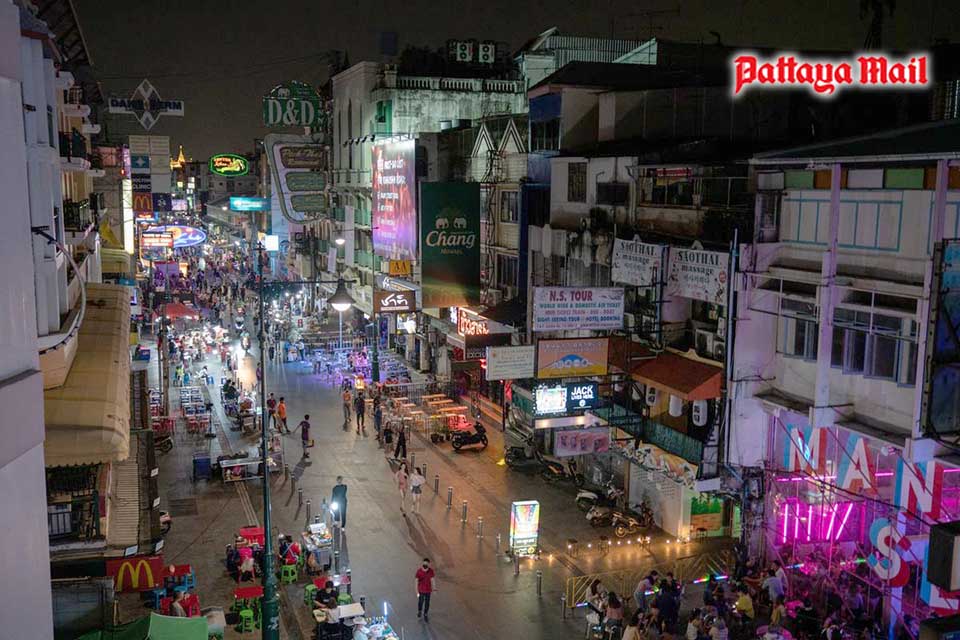
Hopes that relaxation of the country's quarantine rules for overseas visitors will boost international arrivals may be premature. According to government spokesman Taweesilp Visanuyothin, the unpopular hotel-based and supervised isolation will be reduced from 14 to 10 days starting April 1.Entrants with a completed vaccination certificate might qualify for 7 days restricted movement, although Thai embassies abroad (which control all applications to visit the country via the mandatory Certificate of Entry) have not yet confirmed that detail.
The beneficial effect in the short term may be minimal. Phumkit Raktaengam, president of the Phuket Tourism Association, said business operators have been discussing the issue with European counterparts and made the unsurprising discovery that the vast majority of tourists will wait until quarantine has completely disappeared from the rule book. A similar remark from a Pattaya Council member warned that international tourism in the city was on its last legs owing to isolation and the publicity surrounding it.
The government's top health committee, chaired by the prime minister, has also suggested that the country could stop enforcing quarantine altogether for some groups from October 1 with a full revival of open-entry international tourism starting in January 2022. But these are aspirations and not policy decisions with ongoing worries about clusters of infection, new virus variants and the halting international progress towards mass vaccination and herd immunity.

Thailand continues to struggle with trying to balance the needs of the economy with the safety of its citizens. Unsure of the future, the prime minister's Covid panel has extended the state of emergency for two further months until the end of May. This allows the government to enforce mandatory quarantines and to streamline disease-control without multiple approvals from other national and provincial agencies. Meanwhile, Thailand is in talks with the United States, South Korea and Singapore about limited travel bubbles and future vaccine passport pacts.
Meanwhile, Europe's third wave threatens to spread to the UK with Prime Minister Boris Johnson warning that the ban on foreign holidays, initially scheduled to end mid-May, may well have to be extended throughout the summer. The Times newspaper quoted a government source, "In May we are still going to have a significant proportion of the population still not vaccinated and, of course, children won't be vaccinated either."
UK government advisor Dr Mike Tildesley said there was a danger that new variants could jeopardize the vaccination programme later in the year. He said that it would likely remain illegal for Brits to travel abroad for leisure reasons throughout the summer because of the risk of vacationers bringing back variant bugs on return. The Chinese-based Jing Travel has made a similar point that business travel should have priority over vacations, warning that the Chinese government was not sponsoring group travel outside the country at present. In spite of many predictions, Thailand still does not have a travel bubble or green zone agreement with either China or India, formerly its biggest international tourist markets.
It's looking increasingly likely that the light at the end of the tunnel won't be shining any time soon.





Inga kommentarer:
Skicka en kommentar